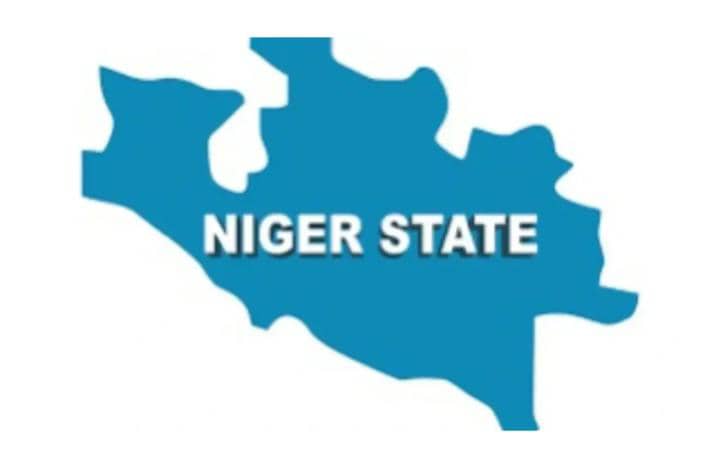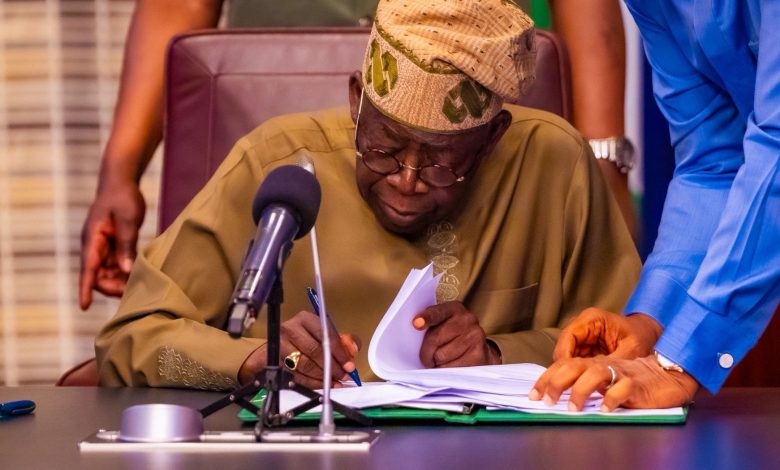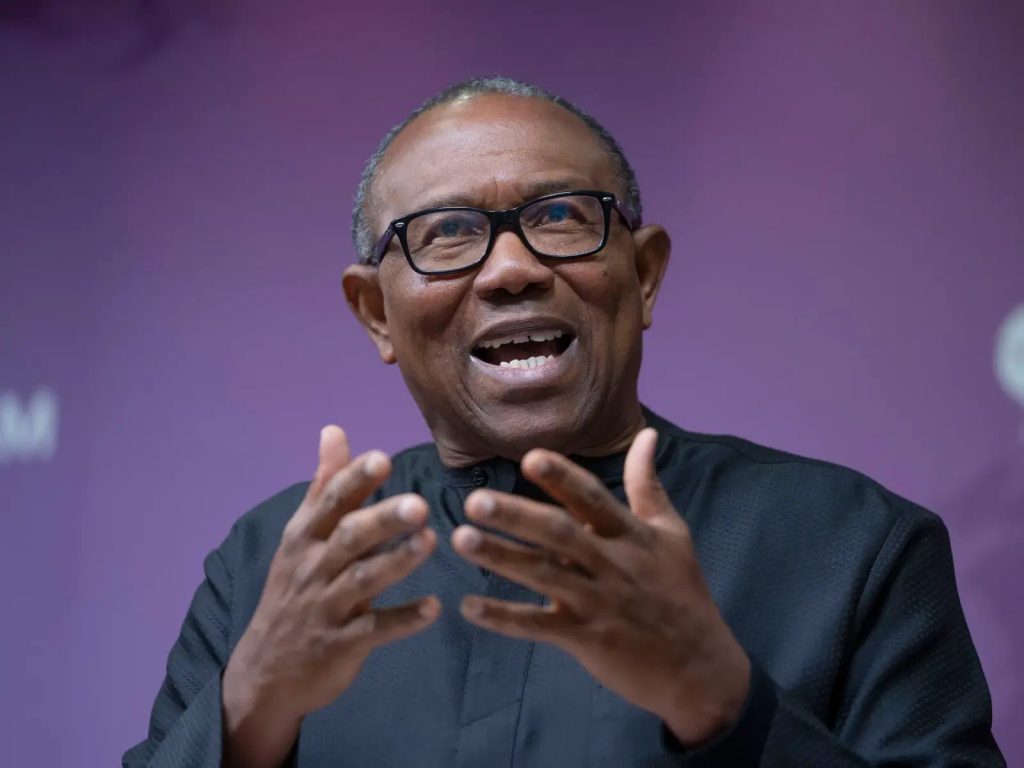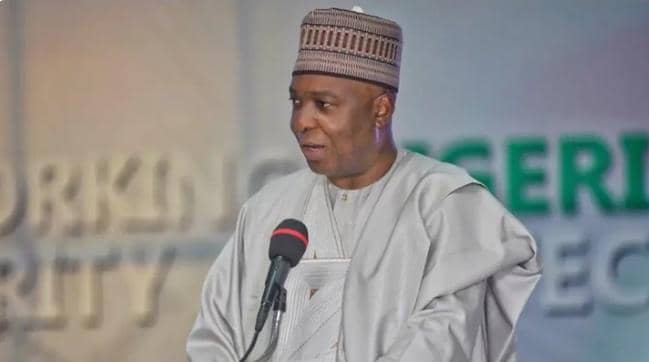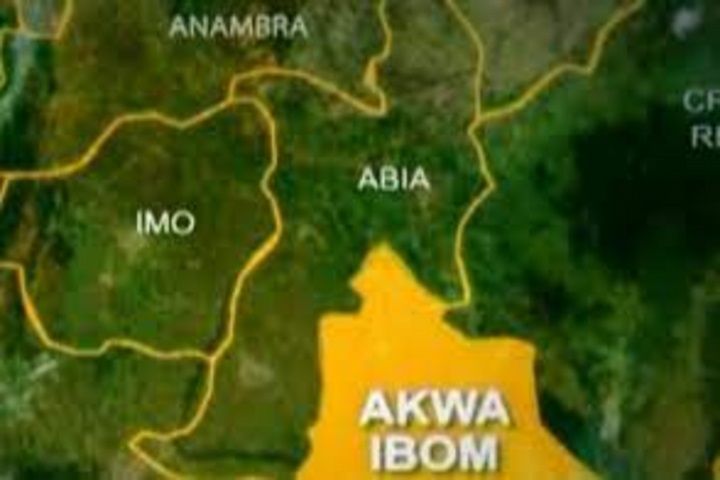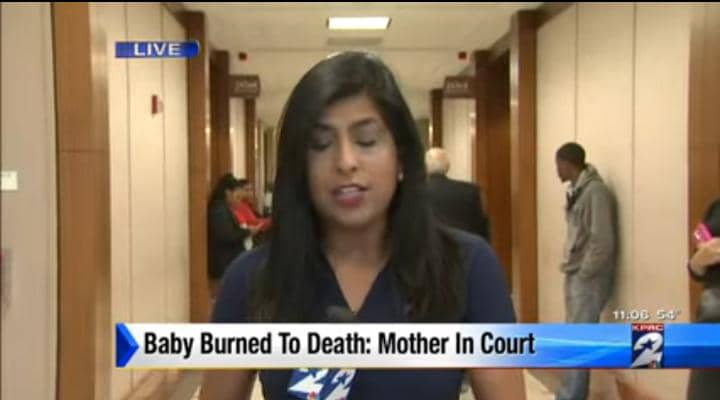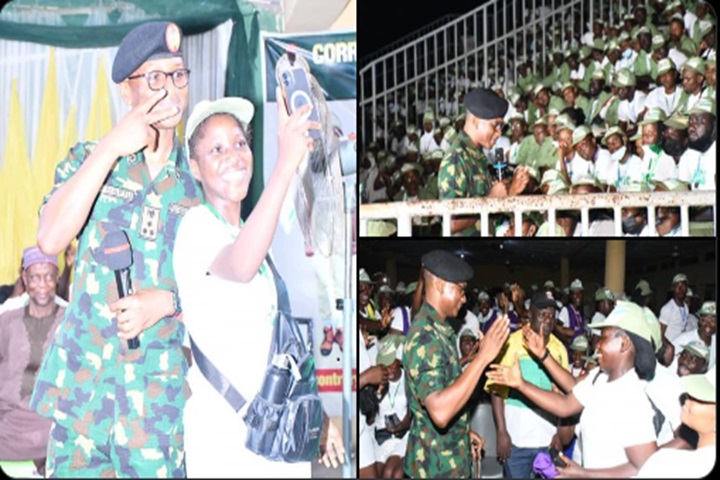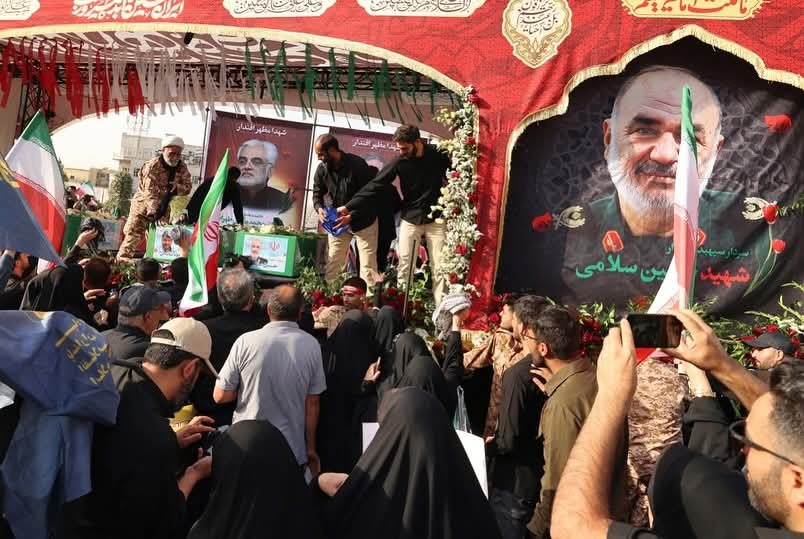World
Russia in crisis as Putin skips Ukraine peace talks
DDM News

A sweeping power outage and internet disruption have plunged Russia into confusion, disabling access to social media platforms and banking services across major cities.
The nationwide failure, reported early Wednesday, triggered panic among citizens and raised alarms over possible cyber vulnerabilities or internal sabotage.
Diaspora Digital Media (DDM) confirms that the outage affected multiple regions, including Moscow, St. Petersburg, and Novosibirsk, disrupting financial operations and online communication for millions.
This unexpected crisis unfolded as Ukraine and Russia prepared for critical peace talks in Istanbul, Turkey, aimed at easing tensions in the protracted war that began in 2022.
Ukrainian President Volodymyr Zelensky arrived in Ankara early today and was warmly received by Turkish President Recep Tayyip Erdoğan.
Zelensky’s arrival was expected to mark a serious commitment to dialogue, especially with Turkey positioning itself as a key facilitator of negotiations.
However, the diplomatic environment quickly shifted when the Kremlin announced that President Vladimir Putin would not be attending the talks in person.
Instead, Russia’s delegation will be led by Vladimir Medinsky, an aide to Putin and a familiar figure in earlier, largely unproductive rounds of negotiations.
This decision has been widely criticized by analysts and political leaders who interpret it as a clear signal that Moscow is not invested in reaching a resolution.
Tobias Ellwood, a former British Army officer and current fellow at the Royal United Services Institute (RUSI), told Express UK that Putin’s absence demonstrates a lack of seriousness.
He stated that sending an aide instead of the president is akin to “a general dispatching a junior officer to lead peace talks,” emphasizing that it undermines the process.
Ellwood also reaffirmed that Russia’s broader strategy, to take control of all of Ukraine, remains unchanged despite international pressure.
Zelensky, during a joint press event with Erdoğan, expressed visible frustration and disappointment at Putin’s decision to stay away.
He described the Russian delegation as “theatrical” and suggested that their presence may be more about optics than genuine negotiation.
Ukraine’s team in Turkey includes high-ranking officials such as Defence Minister Rustem Umerov, showing its determination to pursue peace.
The Turkish government, meanwhile, has reiterated its readiness to host talks whenever both sides demonstrate true intent for compromise.
Foreign Minister Hakan Fidan is expected to meet separately with the Russian delegation to assess their objectives.
International reactions have been swift. The United States remains open to any arrangement that leads to lasting peace, while some American senators expressed skepticism.
Senator Marco Rubio, in particular, said he had “little hope” that these discussions would produce meaningful progress.
British Labour leader Keir Starmer accused Putin of deliberately stalling negotiations, highlighting the Russian president’s absence as a strategic evasion.
Adding further complexity, reports from European intelligence suggest that Russia may be preparing for a future conflict with NATO within the next two years.
This speculation, coupled with domestic chaos in Russia, raises serious concerns about the Kremlin’s internal stability and future intentions.
Some sources claim that the blackout may not have been accidental, hinting at potential sabotage or cyber warfare linked to Russia’s enemies or even internal dissent.
Additionally, rumors continue to circulate about an alleged Ukrainian assassination unit targeting top Russian figures, possibly contributing to Putin’s decision to avoid travel.
Despite this tense backdrop, both delegations are present in Istanbul, and there remains a narrow window for constructive dialogue.
Observers note that while Ukraine has made its commitment clear, Russia’s engagement seems symbolic and strategically cautious.
With the absence of Putin, meaningful breakthroughs appear unlikely, and the peace process may again be reduced to political theatre.
As the world watches closely, the humanitarian cost continues to rise, and the war in Ukraine shows no signs of ending soon.
For Diaspora Digital Media Updates click on Whatsapp, or Telegram. For eyewitness accounts/ reports/ articles, write to: citizenreports@diasporadigitalmedia.com. Follow us on X (Fomerly Twitter) or Facebook





